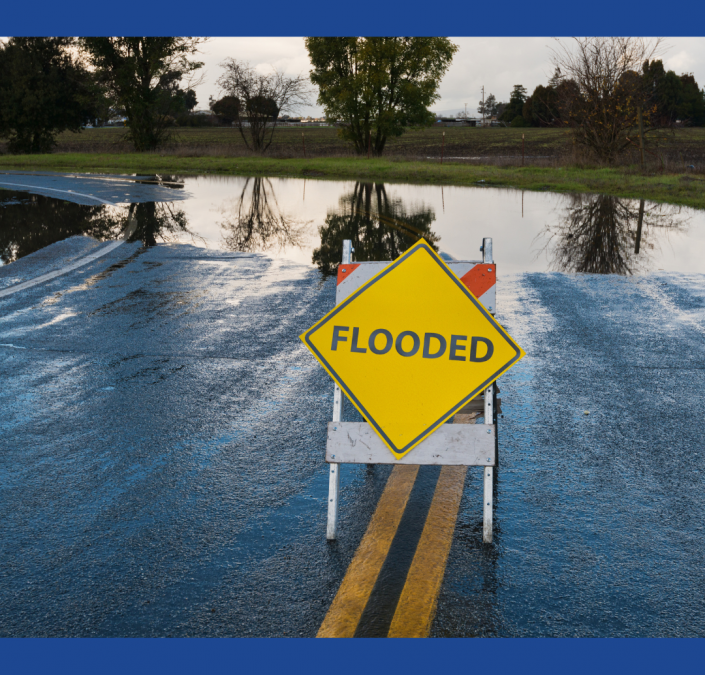
by Morgan Timko | Dec 3, 2023 | Did You Know?, Flood Insurance
In this video, Owner & Agent Matthew Jones explains the process of transferring a flood insurance policy and how it can help you save on premiums. He discusses the changes made by FEMA in 2021 and the new rating system called Flood 2.0. He also shares a real-life...
by Morgan Timko | Nov 15, 2023 | Flood Insurance
Living in Florida, with its tropical climate and proximity to the coast, residents are familiar with the potential risks of flooding and need for flood insurance. To protect homeowners and businesses, the state has implemented flood insurance requirements. As...
by Morgan Timko | Nov 12, 2020 | Flood Insurance, Hurricane, Uncategorized
Fact file: Florida hurricane insurance November 2020 Six of the 10 costliest hurricanes in U.S. history have impacted Florida. Three of these storms occurred within just two years: 2004 and 2005. (See chart.) The costliest hurricane, based on insured property losses...
by Morgan Timko | Sep 17, 2020 | Flood Insurance, Uncategorized
Preparing for Hurricane Season Flooding Hurricane season is upon us and with these storms comes the threat of flooding. Unfortunately, tropical storms can also be unpredictable and their path, intensity, and possible damages are hard to determine ahead of time. The...
by Morgan Timko | Jul 8, 2020 | Flood Insurance, Homeowner's Insurance
HURRICANES DON’T JUST AFFECT COASTS; EXPERTS SAY: “GET FLOOD INSURANCE With the 2020 hurricane season activity expected to be “well above average” in intensity; three named storms having formed already; and Tropical Depression Cristobal brought flooding rains and...


